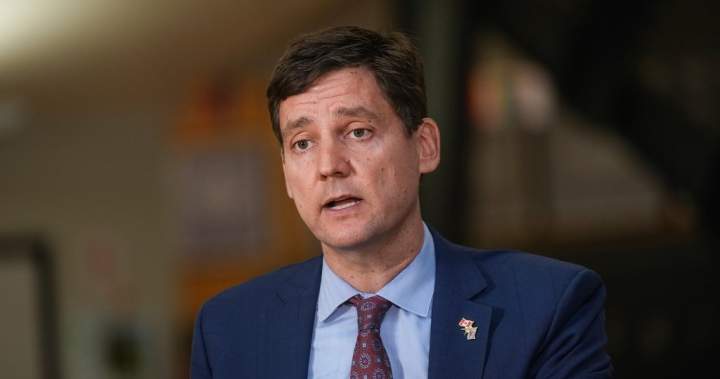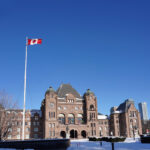The exploitative underbelly of Canada’s Temporary Foreign Worker Program has reached a breaking point, according to British Columbia Premier David Eby, who delivered a stark ultimatum to the federal government this week: reform the program or shut it down entirely.
“If we can’t run this program in a way that’s humane and that respects human rights, then we shouldn’t have it,” Eby declared during a news conference in Victoria on Thursday. His comments follow disturbing revelations about ongoing exploitation of vulnerable workers who arrive in Canada with dreams of opportunity, only to find themselves trapped in precarious situations.
The Premier’s frustration stems from multiple investigations uncovering widespread abuse across the province, where temporary foreign workers have been subjected to substandard housing, excessive fees from unscrupulous recruiters, and illegal working conditions. These workers, who fill critical labor shortages in sectors ranging from agriculture to food service, often fear reporting mistreatment due to their precarious immigration status.
“People pay thousands of dollars to come to our country with the promise of a good job and fair treatment,” Eby explained. “Instead, they find themselves living in horrible conditions, working excessive hours, and facing threats of deportation if they complain.”
The federal Temporary Foreign Worker Program, managed by Employment and Social Development Canada, was designed to address labor market gaps by allowing employers to hire internationally when qualified Canadians aren’t available. However, critics have long argued that inadequate oversight has transformed the initiative into a system ripe for exploitation.
BC’s recent enforcement efforts have uncovered particularly troubling cases. Last month, provincial authorities discovered 48 workers housed in deplorable conditions in Richmond, with many paying exorbitant rent for overcrowded accommodations. Similar situations have been documented across the Lower Mainland, where workers reported having their passports confiscated and being forced to work excessive hours without proper compensation.
Federal Employment Minister Randy Boissonnault acknowledged the concerns, stating that Ottawa is “committed to strengthening protections” for temporary foreign workers. However, provincial officials argue that the existing framework lacks teeth and comprehensive enforcement mechanisms.
“The federal government needs to step up,” said BC Labour Minister Harry Bains. “We need stronger regulations, more inspectors, and real consequences for employers who abuse the system.”
Economic experts note that Canada’s reliance on temporary foreign workers has grown substantially over the past decade, with the program becoming essential to industries facing chronic labor shortages. According to Statistics Canada, nearly 80,000 temporary foreign workers entered the country in 2023 alone, with significant concentrations in agriculture, food processing, and hospitality.
“The program serves a legitimate economic purpose,” explains Dr. Anelyse Weiler, a sociologist specializing in migrant labor at the University of Victoria. “But the current structure creates power imbalances that leave workers vulnerable to abuse. We need to address the structural issues rather than abandoning the program entirely.”
Premier Eby has proposed several reforms, including establishing an independent provincial oversight body, implementing a licensing system for recruiters, and creating more pathways to permanent residency for workers who contribute to the Canadian economy.
“These individuals help build our economy and support critical industries,” Eby emphasized. “They deserve dignity, fair treatment, and a clear path to becoming Canadians if they choose.”
As labor shortages continue to challenge Canadian businesses across multiple sectors, the question remains: can we reform a system that has repeatedly failed its most vulnerable participants, or is it time to reimagine how we address our workforce needs in a manner that upholds our professed values of fairness and human dignity?























